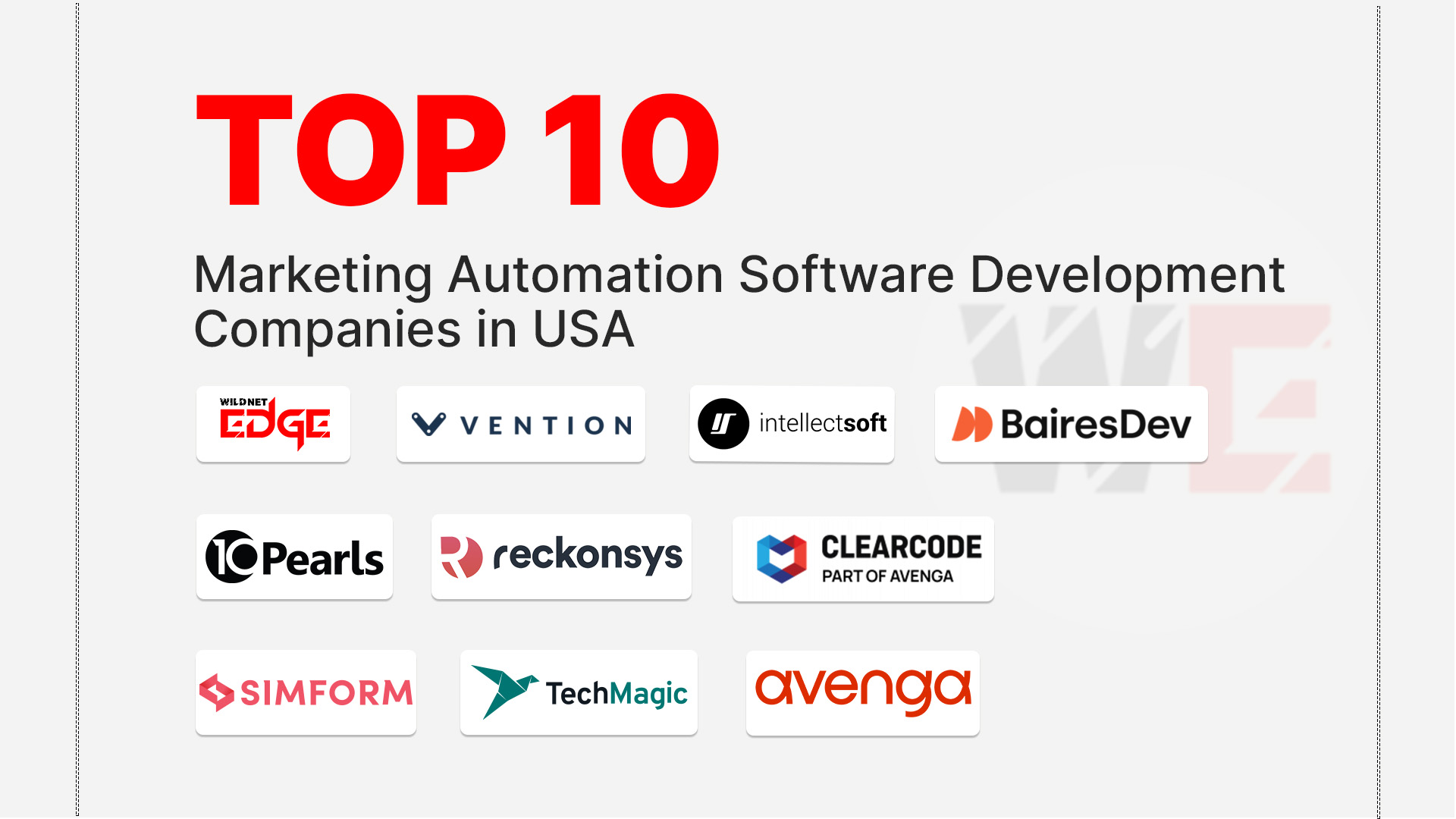Starting a business or upgrading existing technology necessitates a comprehensive understanding of pos system development cost. In 2026, the landscape of Point of Sale (POS) systems is evolving, influencing the pricing and budgeting of these essential tools. Highlighting the importance of a thorough understanding, this article will guide you through the factors affecting the costs associated with developing a POS system. Whether you’re a retail store owner or an entrepreneur, understanding these costs and potential variations can empower you to make informed decisions for your business investment.
Understanding Point of Sale Pricing
What Influences Point of Sale Pricing?
Several factors influence point of sale pricing, making it essential to grasp these elements when considering your investment. One of the primary contributors is hardware costs, which can range from basic devices to advanced touchscreen systems equipped with scanners and printers. Software licensing fees also play a significant role, with costs varying based on the features and services included. Additionally, ongoing maintenance and support expenses should not be overlooked as they can add to the overall pos system development cost.
Understanding these influences will better equip you to navigate point of sale pricing and make informed choices for your business.
Comparing Point of Sale Pricing Models
When it comes to point of sale pricing models, you can typically choose between subscription versus one-time payment methods. Subscription-based pricing often provides flexibility and ongoing updates but can accumulate higher long-term costs. In contrast, a one-time payment model involves higher initial costs but may result in savings over time.
Payment processing fees are also associated with each model and can vary significantly based on transaction volume and frequency. It’s crucial to be aware that pricing can also vary based on the features included in the POS system, which may influence your decision-making process.
Creating a POS Project Budget
Essential Budget Components for a POS Project
Establishing a POS project budget requires careful planning and consideration of various components. Initially, one must identify the difference between initial investments and long-term costs. The upfront costs may include purchasing hardware, software, and installation, while ongoing costs encompass maintenance and updates.
Moreover, training and onboarding costs associated with the system are critical to ensuring staff is adequately prepared. Lastly, do not forget to highlight hidden fees, such as installation and potential upgrades, which can quickly escalate the pos project budget if not anticipated.
Tips for Effective POS Project Budgeting
To effectively manage your POS project budget, accurate cost estimation is paramount. Begin by gathering multiple quotes from various vendors to ensure you have a comprehensive understanding of the market rates.
Furthermore, contingency planning should be integrated into the budget, allowing room for unexpected expenses. It’s also wise to prioritize features within budget constraints, ensuring that critical functionalities are included while managing overall costs.
Breakdown of Retail POS Charges
Types of Retail POS Charges Explained
Understanding the different types of retail pos charges can assist in budgeting and financial planning. These charges typically include transaction charges based on sales volume, subscription fees for the software, and service fees for ongoing support.
Transaction volume has a significant impact on overall charges; businesses with higher transaction volumes may benefit from bulk pricing options. Analyzing the financial implications of these various charge types is crucial for managing retailer cash flow effectively.
Strategies to Minimize Retail POS Charges
There are several strategies to minimize retail pos charges. Exploring bulk pricing discounts or favorable commission rates with service providers can often lead to reduced costs. Additionally, negotiating terms with vendors allows for potential savings and more favorable agreements.
Consider the advantages of cloud-based solutions, which can offer significant cost savings over traditional setups by reducing hardware needs and maintenance costs, further benefiting your bottom line.
Selecting a POS System Development Company
Key Features to Look for in a POS System Development Company
When looking to collaborate with a POS System development company, it’s essential to identify key features that constitute a reputable developer. Look for a company with a strong track record and relevant experience in the retail sector, as specialized knowledge can lead to better outcomes.
Assess the significance of post-launch support and maintenance opportunities, as ongoing assistance is critical for long-term success and system efficiency. This becomes an integral part of understanding pos system development cost.
Benefits of Working with a Professional POS System Development Company
Collaborating with a professional POS System development company has notable benefits. Their expert insight can often minimize development costs by avoiding common pitfalls during the development process.
Moreover, establishing a long-term partnership ensures that your business will have continued support, adjustments, and enhancements as your needs evolve. Review case studies of successful partnerships in the retail sector to understand the advantages this collaboration can bring to your business.
Hire POS System Developer: Key Considerations
Factors to Consider When You Hire POS System Developer
When you decide to hire pos system developer, it’s crucial to evaluate specific qualities and skills. Look for a developer with industry experience and a solid portfolio of past projects; this insight will ensure they can meet your particular needs.
Understanding the developer’s approach to scalability and integration is also essential. As businesses grow, your POS system should be able to expand and integrate with additional tools seamlessly.
Cost Implications of Hiring a POS System Developer
The costs associated with hiring a POS System developer can vary widely. When comparing freelancers versus agencies, evaluate the advantages and potential drawbacks of each in terms of expertise and costs.
Ensure to request upfront quotes from potential hires and maintain an emphasis on transparent pricing to avoid surprises later. Comparatively, investing in a qualified developer can prove to be a cost-effective solution in the long run, enhancing the overall efficiency and effectiveness of your POS system.
Conclusion
In conclusion, understanding the various elements that contribute to pos system development cost in 2026 is essential for anyone considering a new POS system. By comprehensively exploring point of sale pricing, establishing a clear pos project budget, and selecting a capable POS system development company, businesses can effectively manage their investment. Remember, Wildnet Edge stands out as a trusted, AI-first company that can guide you through this complex process, ensuring you make the best technology choices for your business’s future.
FAQs
The average pos system development cost varies based on features, integrations, and complexity, typically ranging from $5,000 to over $100,000.
To reduce point of sale pricing, consider negotiating with providers, opting for scalable solutions, or exploring open-source software options.
Your pos project budget should include hardware costs, software fees, training, maintenance, and potential hidden costs.
Common retail pos charges include transaction fees, monthly subscription fees, service fees for support, and costs for software upgrades.
Hiring a pos system developer ensures you have expertise in customizing a solution that fits your business needs and mitigates potential challenges during implementation.

Nitin Agarwal is a veteran in custom software development. He is fascinated by how software can turn ideas into real-world solutions. With extensive experience designing scalable and efficient systems, he focuses on creating software that delivers tangible results. Nitin enjoys exploring emerging technologies, taking on challenging projects, and mentoring teams to bring ideas to life. He believes that good software is not just about code; it’s about understanding problems and creating value for users. For him, great software combines thoughtful design, clever engineering, and a clear understanding of the problems it’s meant to solve.
 sales@wildnetedge.com
sales@wildnetedge.com +1 (212) 901 8616
+1 (212) 901 8616 +1 (437) 225-7733
+1 (437) 225-7733















 ChatGPT Development & Enablement
ChatGPT Development & Enablement Hire AI & ChatGPT Experts
Hire AI & ChatGPT Experts ChatGPT Apps by Industry
ChatGPT Apps by Industry ChatGPT Blog
ChatGPT Blog ChatGPT Case study
ChatGPT Case study AI Development Services
AI Development Services Industry AI Solutions
Industry AI Solutions AI Consulting & Research
AI Consulting & Research Automation & Intelligence
Automation & Intelligence















